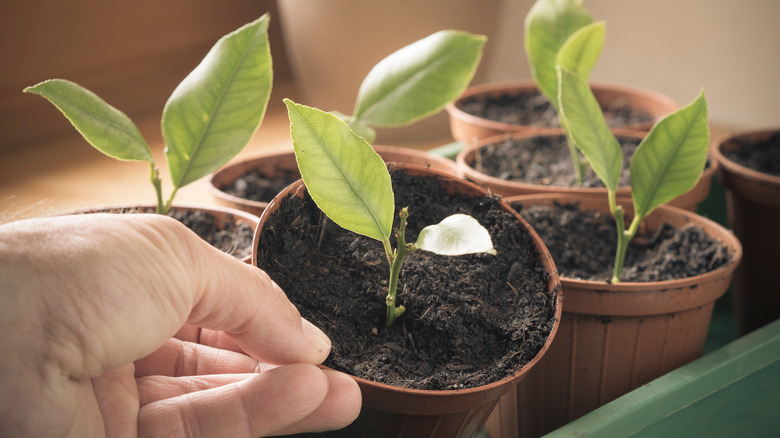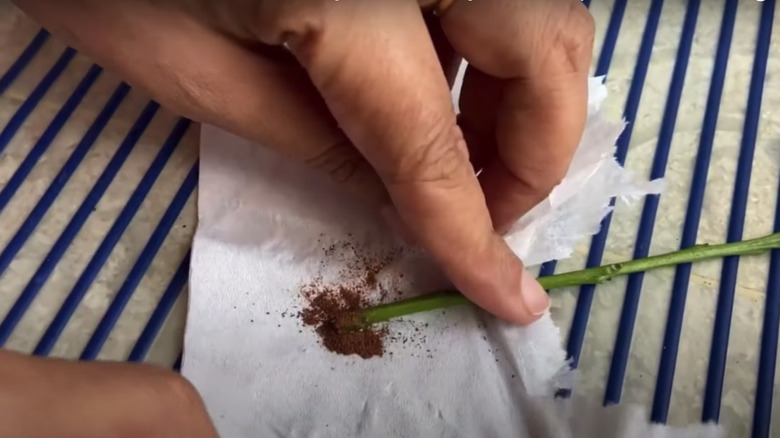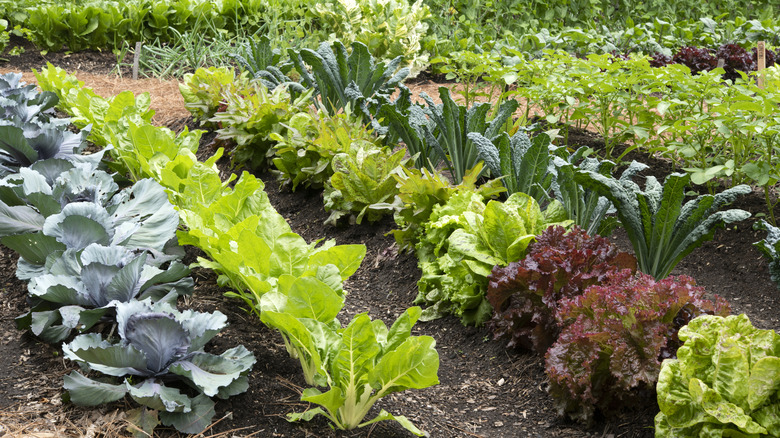Can Cinnamon Be Used As A Rooting Hormone In Your Garden?
Known primarily for its fragrant and flavorful role in the culinary world, cinnamon emerges as a remarkably versatile asset in gardening. This multifaceted spice boasts inherent fungicidal and antibacterial properties, demonstrating its potential beyond the kitchen and into organic cultivation practices. Cinnamon's value in gardening is most apparent when used as a natural rooting hormone. Here, its function is critical in aiding the growth and development of plants. The application of cinnamon, particularly in its powdered form, is an effective rooting hormone that can support the reproduction process, assisting the transformation of cuttings into flourishing plants.
These unique properties of cinnamon align with the current shift towards more sustainable and eco-friendly gardening methods. Cinnamon provides a natural, chemical-free alternative to commercially available rooting hormones as an affordable and readily available substance. Its organic nature introduces minimal disruption to the soil's composition and the overall ecosystem, fostering a healthier environment for plant growth. Cinnamon's role extends far beyond flavor enhancement in culinary dishes. Its fungicidal and antibacterial traits are invaluable in gardening and offer many helpful household applications.
How to use cinnamon as a rooting hormone in your garden
Follow a simple yet effective process to utilize cinnamon as a rooting agent. Start by taking a spoonful of powdered cinnamon and spread it onto a paper towel. Following this, you should moisten the ends of the plant cuttings you plan to propagate. Roll these moistened stem ends into the paper towel, ensuring they are adequately coated with cinnamon. After this step, the cinnamon-coated cuttings can be planted into potting soil. Once planted, the cinnamon is critical in encouraging new growth in the cuttings. This is facilitated by the spice's natural antifungal and antibacterial properties, which safeguard the young cuttings from potential infections, promoting their transformation into flourishing plants.
Cinnamon serves as an exceptional, eco-friendly alternative to chemical rooting hormones. While effective, these synthetic compounds can potentially threaten human health if inhaled or consumed accidentally, per Covington. When applying them, it's crucial that extra care be taken to avoid inadvertent inhalation or consumption. In contrast, cinnamon, being natural, reduces these potential hazards. It offers a cost-effective, readily available solution that aligns perfectly with sustainable and organic gardening practices.
How cinnamon can benefit your garden
Cinnamon can serve many functions in gardening, from deterring pests to acting as an antifungal. For example, it can effectively deter ants, which prefer to avoid walking across cinnamon powder-coated surfaces, so applying sprinkled cinnamon powder near entryways to your house or in problematic outdoor spaces, such as your garden, will keep them away. While cinnamon won't kill ants directly, it will help prevent them from entering your home.
Cinnamon can serve as an effective antifungal in the battle against damping-off disease – an infection caused by fungus-based infections that strikes young seedlings as their growth begins – and deter slime mold or mushroom growth on older plants and in planters. A cinnamon spray can easily be prepared by stirring some cinnamon into warm water and leaving it to sit overnight. Strain the mixture through a coffee filter, pour it into a spray bottle, and use it to spray on plants, stems, and leaves affected with damping-off disease. Cinnamon has also been found to promote healthier growth in certain plants, such as tomatoes. When tomatoes are treated with cinnamon powder, they've been found to produce healthier and more plentiful leaves.


